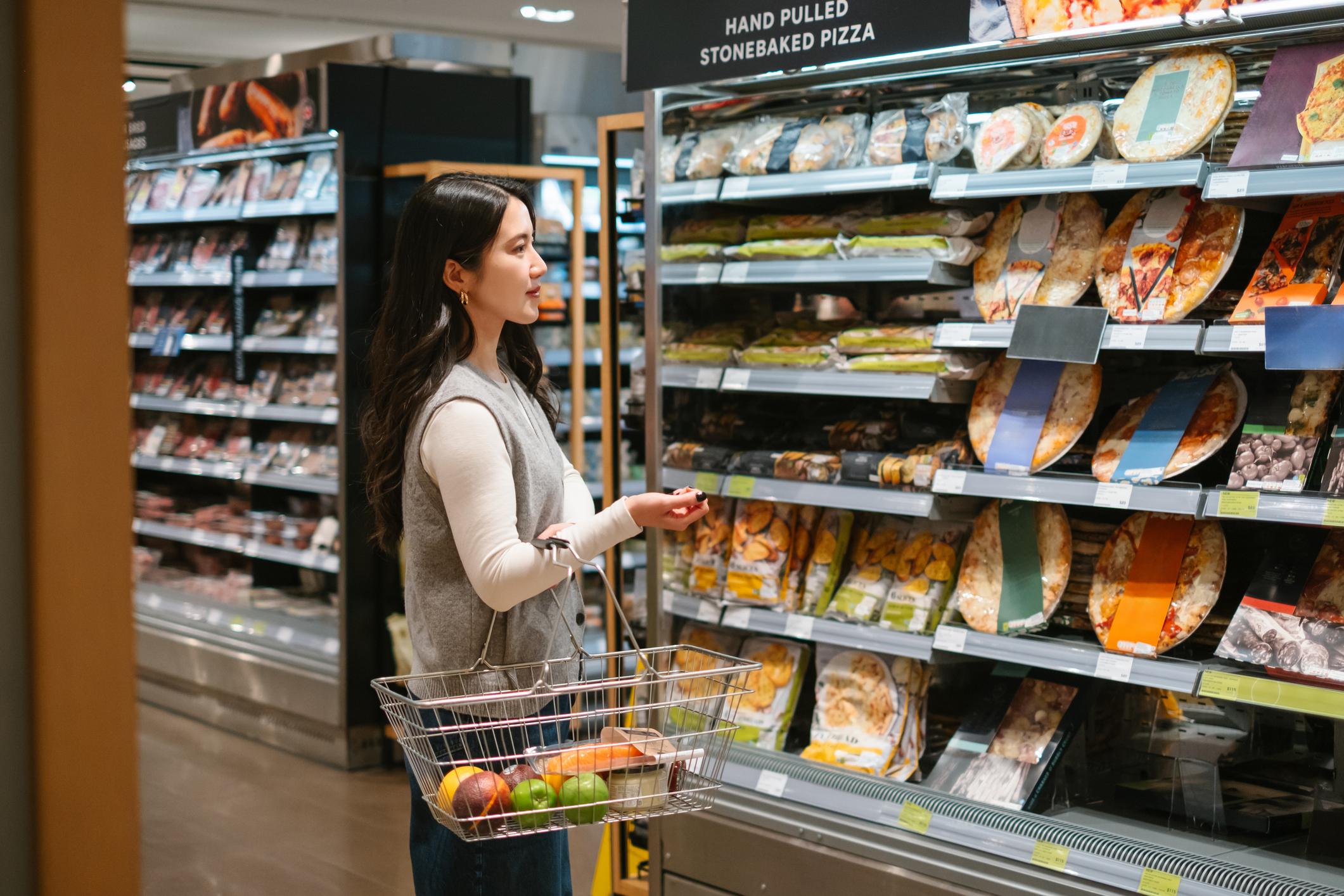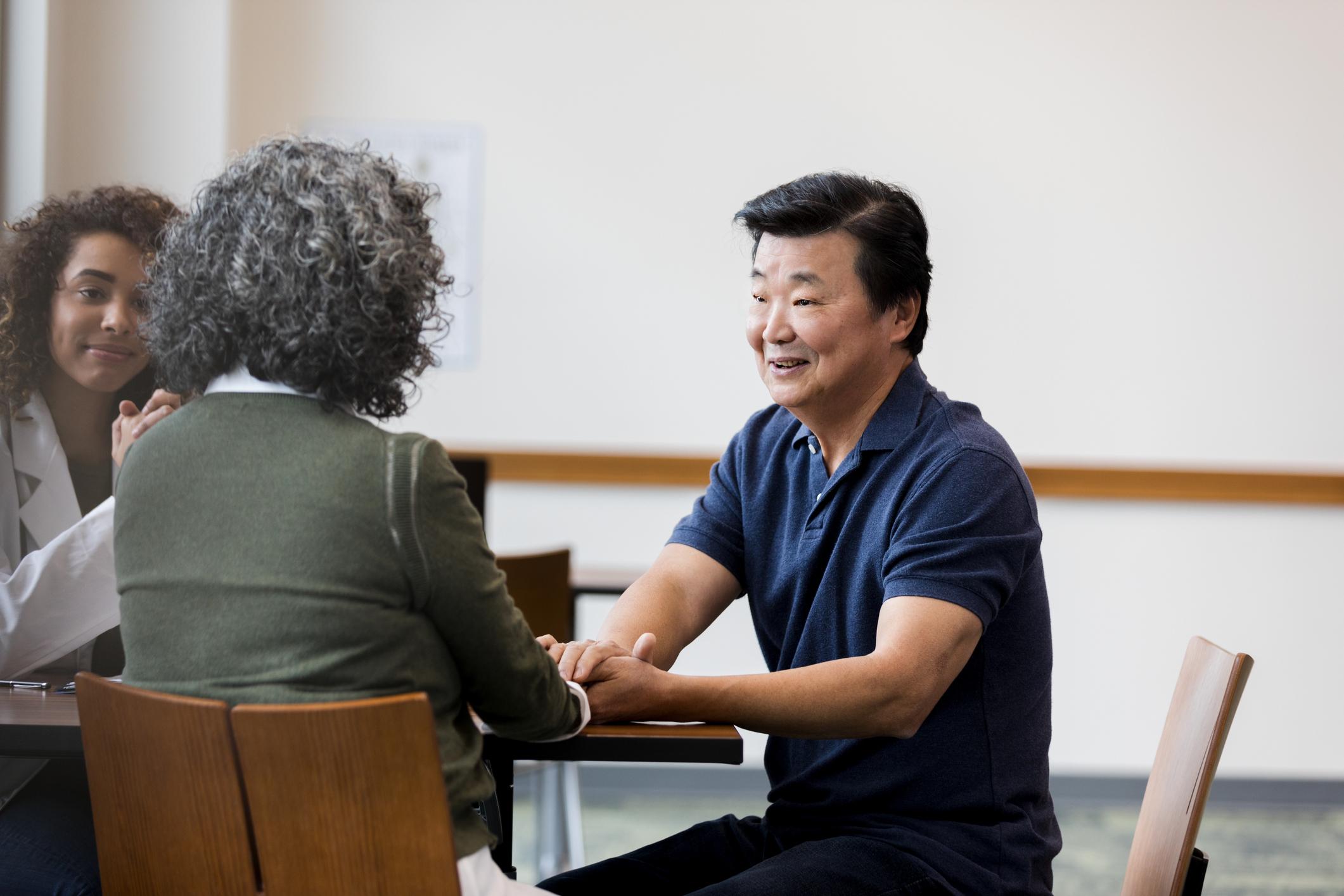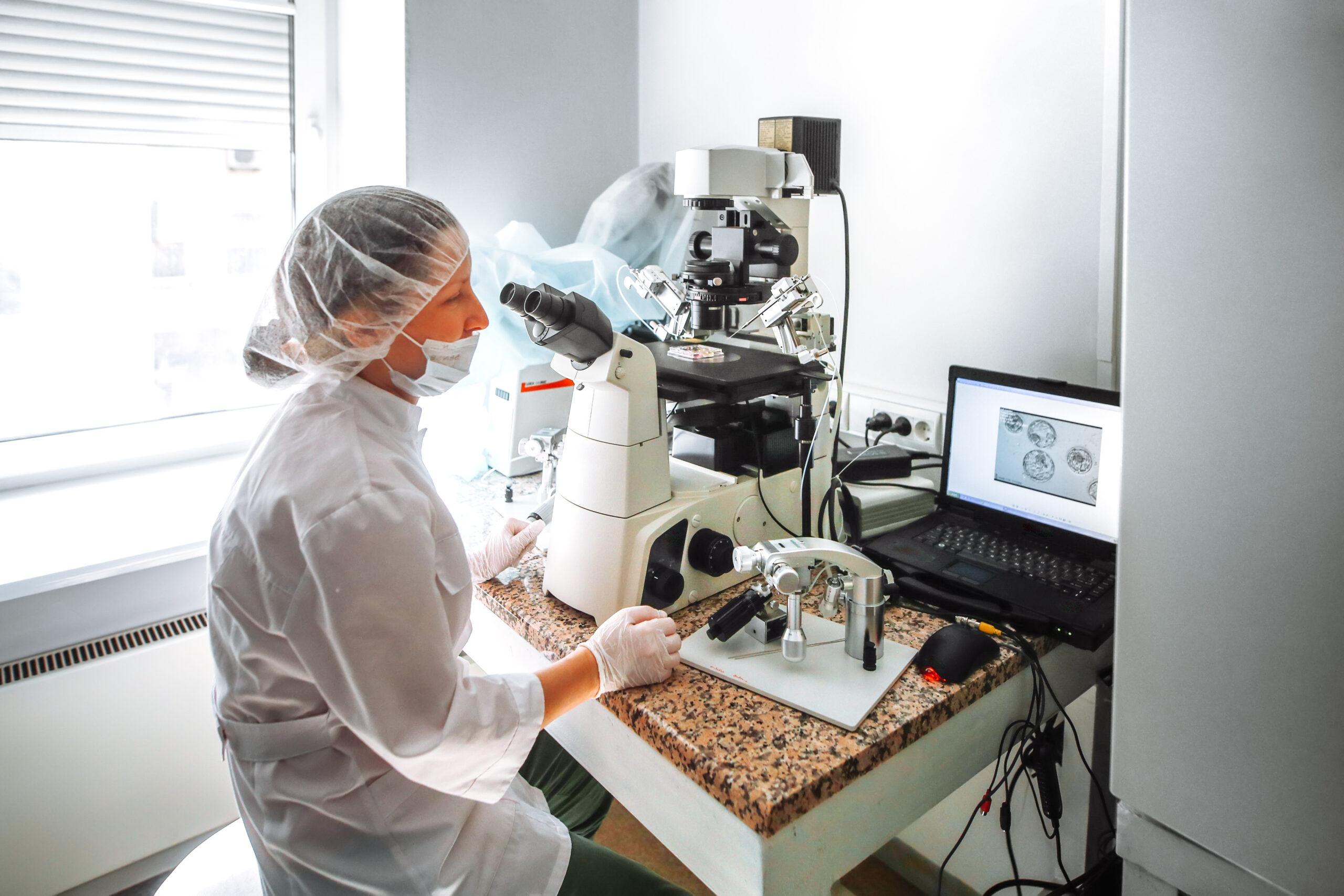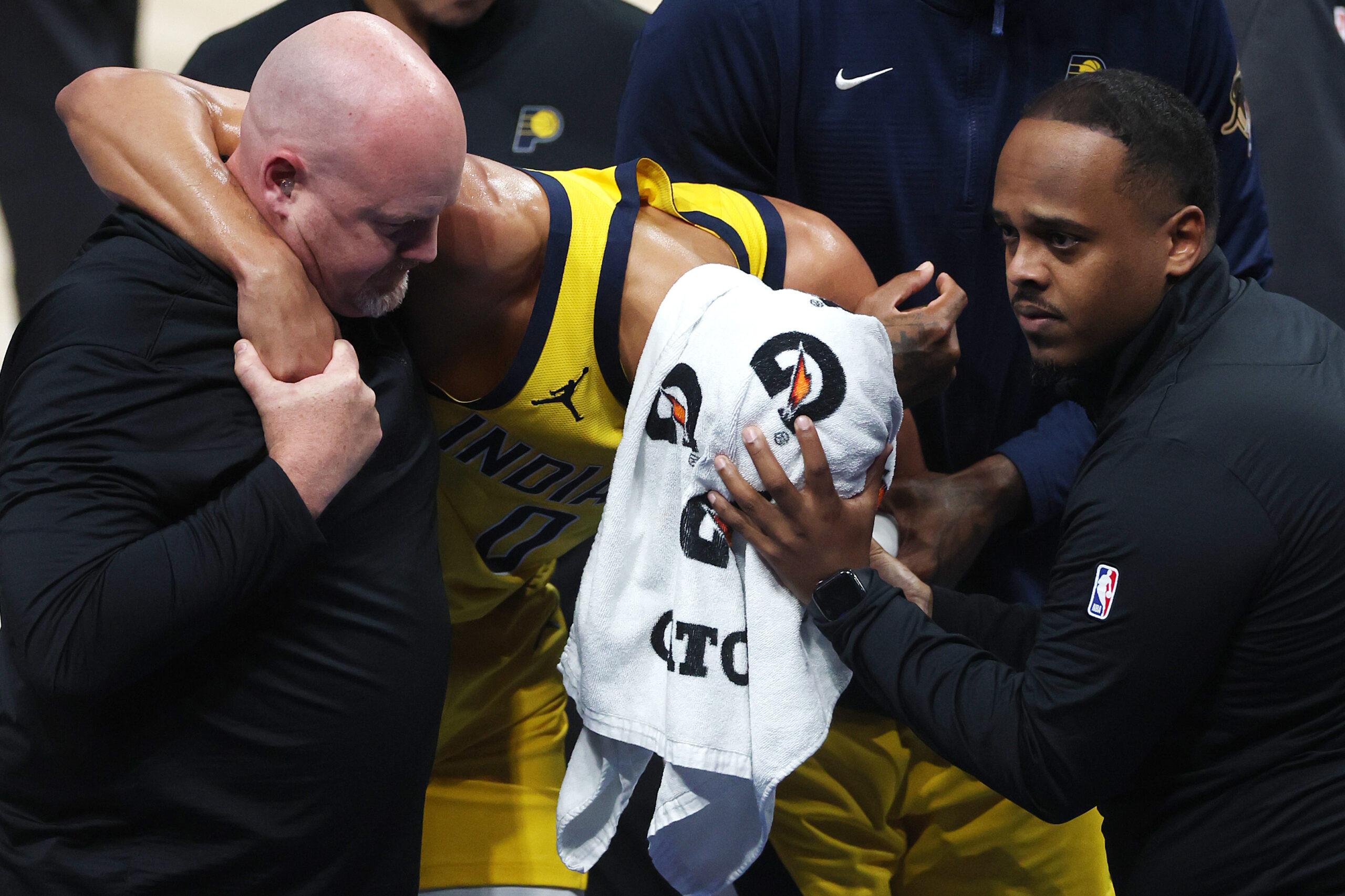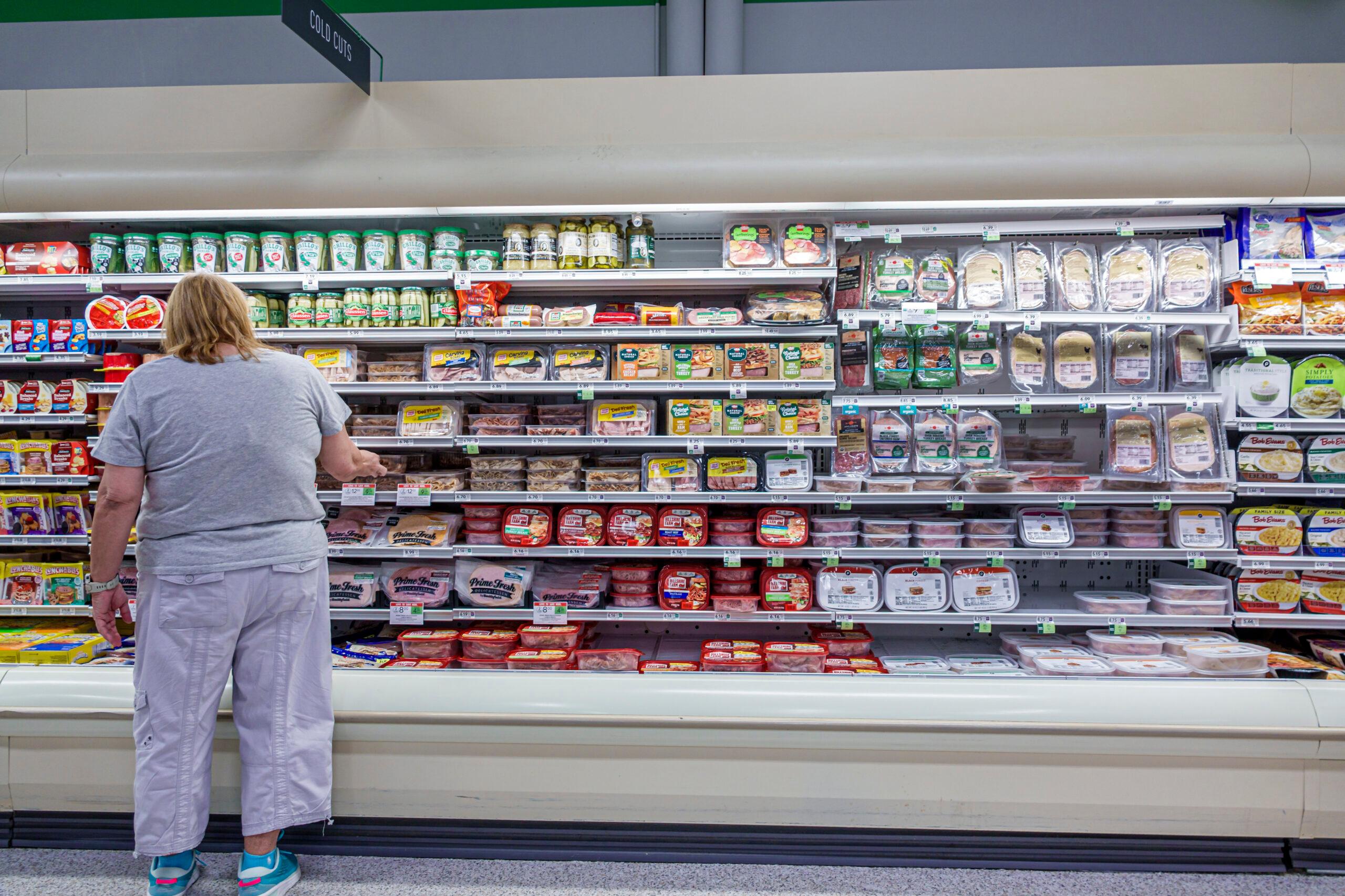Hosts
About the episode
In the past few weeks, we’ve done several episodes on obesity, GLP-1 drugs, and nutrition science. What we haven’t talked about as much is the politics of food.
And today’s guests say: If you really want to understand why Americans are so unhealthy, you have to see that the problem is not just our willpower, and it’s not just our food itself. It’s our food policies.
Kevin Hall was a former top nutrition researcher at the NIH who retired after accusing RFK Jr. and the Department of Health and Human Services of censoring a report that questioned their description of ultra-processed foods. Julia Belluz is a longtime nutrition and health journalist. Together, they’ve written a new book, Food Intelligence: The Science of How Food Both Nourishes and Harms Us.
If you have questions, observations, or ideas for future episodes, email us at PlainEnglish@Spotify.com.
In the following excerpt, Derek talks with Julia Belluz and Kevin Hall about the premise of their new book, and they dive into the studies they used to examine why Americans struggle with weight.
Derek Thompson: I’ve been reporting on food and diet for a few years, and one thing that I keep hearing is: “We have to fix the food supply.” But I feel like very few people who actually say and repeat this over and over again articulate what they actually mean by this. What is the food supply? Who controls it? Who regulates it? What are the relevant laws and rules that we would have to change to fix it?
And so that’s what I want to dig into with both of you today. You’ve written this wonderful book that outlines the path forward, and I think we can make some real progress on this really important question.
Julia, let’s start with you. Your thesis is that America struggles with weight and chronic disease not because of personal failures but because of our food environment. In other words, it’s not us. It’s the food. What does that mean?
Julia Belluz: So I went into this area of reporting and researching this book with a personal question. I was one of the people, like probably many of the listeners, who had struggled with their weight, and I’d always blame myself. I would try different diets or exercise programs or whatever the “thing” was, even supplements when I was a teenager. And I carried around this feeling when I couldn’t lose the weight that somehow I had failed.
And when I started to talk to researchers like Kevin and others who work on sort of understanding this symphony of internal signals that we have that guides our eating behavior, I realized how much of the decisions we make about what we eat are happening beyond our conscious control. And what I came to appreciate through writing this book and working with Kevin was the extent to which the environment kind of interplays with these internal signals that we have that are guiding our eating behavior.
So whether you’re going to eat an avocado and eggs in the morning or just turn to a donut or whatever, these hundreds of decisions we make about what we’re going to put in our mouths every day, there’s a lot of evidence that this isn’t something we have the control over that we thought we did. And therefore, yeah, it’s not us. It’s the food environment. Over the years where we saw this explosion of diet-related chronic diseases, including obesity, our genes didn’t change. What changed was the food environment. So that’s sort of what we mean by that.
Thompson: Kevin, I want to dive into specifics and evidence here. There’s a ton of observational research on nutrition. Hey, we followed these 1,000 people, and we kind of got some surveys about what they ate, and we sort of made a connection to what kind of food is better for them and what kind of food is worse. You are one of the only researchers in the world to have conducted several randomized clinical trials, gold-standard trials on the impact of ultra-processed foods in our diet. What did these trials do? What did you find? And how were those findings consistent with this idea that, as Julia put it so beautifully, our food environment disrupts the symphony of metabolism inside of us?
Kevin Hall: Right. So we were actually trying to isolate the effects of the foods, per se. So there’s all these other aspects of the food environment that Julia alluded to: the social environment that we find ourselves in, the advertising, the cues in our environment, the expense, the time commitments required to prepare healthy foods or unhealthy foods, as the case may be. We decided to try to remove all of that from these experiments, and we brought people into the NIH Clinical Center, where I used to work, and we basically removed people from their normal food environments. We created this very artificial food environment for them just to kind of isolate that food environment and basically expose them to diets that had plenty of calories, more than double the number of calories that they would require to maintain their weight. Tried to match them for as many of these different sort of nutrients of concern that we often hear about: the salt, sugar, fat, carbs, glycemic load of the diets, matched again for the total calories that we presented people with.
And in one instance, we presented them with a diet that contained none of these so-called ultra-processed foods. On another occasion we presented them with a diet that contained 80 percent of calories from ultra-processed foods and just gave people very simple instructions in this new food environment. We’re interested in seeing how it affects your biology. We’re going to be poking and prodding you, putting you in respiratory chambers, measuring your body composition, all sorts of things.
What they didn’t know was that we were going to be measuring all their leftovers, and we would basically be trying to figure out how much of the food presented to them did they actually eat, and which foods did they eat? Which ones did they leave on their plate? And really simple instructions: Eat as much or as little as you like. Don’t be trying to change your weight at all.
And what we ended up finding was that despite matching for the presented calories and all these different nutrients, when people are exposed to this ultra-processed food environment, they tend to overeat calories. Again, it’s not being advertised to them. They’re not having to buy or purchase the food or make the food or anything like that. Just something about the meals that we gave to them led them to consume more than 500 calories a day on average than when the same people were exposed to the food environment that didn’t contain these foods. When they were in the ultra-processed food environments, they were gaining weight and gaining body fat. They didn’t know about these measurements. They were wearing loose-fitting scrubs. They couldn’t tell if their clothes were getting tighter or looser. And when they went to the ultra-processed food environment, they spontaneously lost weight and lost body fat.
And so it did seem to be even over and above these broader environmental consequences of our food environment and how it’s changed, there seemed to be something about the foods themselves that we were presenting to these folks that led them to over-consume calories and gain weight.
This excerpt has been edited and condensed.
Host: Derek Thompson
Guests: Julia Belluz and Kevin Hall
Producer: Devon Baroldi
More Plain English Episodes on Health
